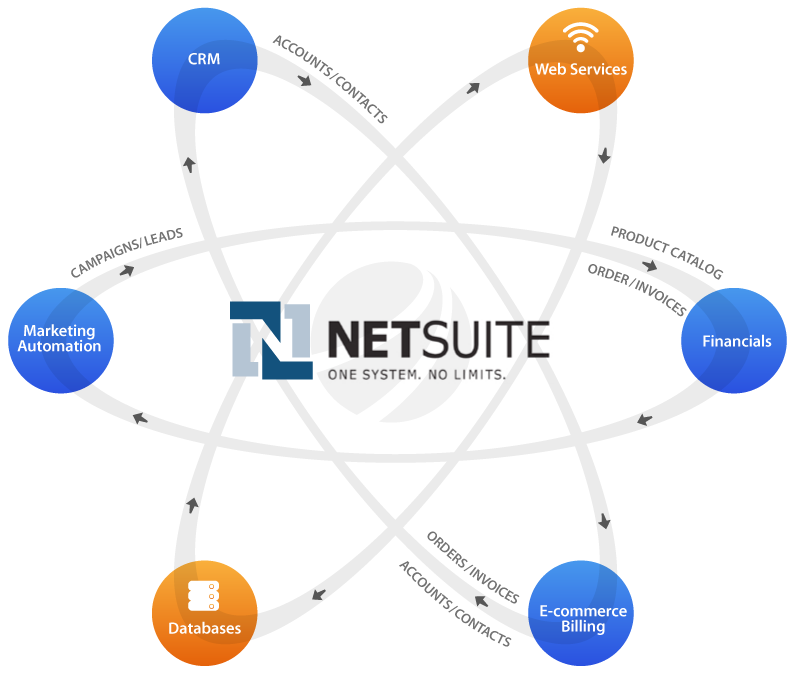erp
CFOs Jump To ERP Cloud To Accelerate And Integrate

This article discusses how the Oracle Enterprise Resource Planning Cloud and Oracle Enterprise Performance Management Cloud, has proved that software as a service (SaaS) offers significant advantages in terms of implementation, reliability, scalability, and security. Traditionally corporations that implement this system are much more successful and are able to expand and grow quicker. According to Oracle’s Q2 FY2015 earnings statement post implementation: New cloud bookings increased more than 140% in Q2 FY2015, with ERP and EPM revenue growing more than 80%, Oracle added 250 new ERP and EPM Cloud customers in the quarter, and Oracle now has more than 600 ERP and EPM Cloud customers.
Successful companies are realizing that Oracle is necessary and important for the future. Innovative, fast-growing companies, in particular, are tapping Oracle ERP and EPM Cloud to support rapid expansion. Last November, lynda.com, a growing online education company specializing in creative business skills, acquired Oracle ERP Cloud. According to lynda.com CFO Elaine Kitagawa on looking to replace its aging on-premises financial system, Lynda.com conducted a “very thorough vetting process” of ERP cloud vendors and their offerings. She continues with how it offered a “strong, cohesive, and complete set of features” that impressed the financial team, as well as scalability and security the IT team took note of, Kitagawa says. At the same time, the Oracle team “really showed their commitment to lynda.com’s success,” she says. To see how a strong and flourishing company who relies solely on the web to generate revenue and customers, this review from their CFO is very satisfying. It will be interesting to see if and when more companies in other industries make the move.
To read more go to http://www.forbes.com/sites/oracle/2015/01/30/cfos-jump-to-erp-cloud-to-accelerate-and-integrate/
Why Big Companies Delay Using the Cloud for Some Applications

Many companies have a combination of on premise and cloud based ERPs, but according to the article by The Wall Street Journal, some bigger companies don’t want to make the full jump to the cloud. Some CIO that are hesitant to do it because of the amount of complexity involved in transferring everything to the cloud. Another reason for not moving critical systems to the cloud is because they are fearful of a crash due to a failure by third parties to manage servers or an unreliable internet connection. Which, if this problem persisted long enough, could possibly cause a company to go out of business. However, on the flip side, the article also mentions the benefits of working off the cloud instead of on premise. Saying that some companies prefer the cloud because they are tired of paying for upgrades and custom programming, which in the short run costs them more money than a monthly subscription fee that allows the company to use the saved money elsewhere.
With that said, my question is do you think that companies should switch completely over to the cloud or do you think that switching over to the cloud completely depends on the company? If so, what factors do you think go into that decision? Or do you think companies should have a hybrid system of on premise and cloud ERPs?
When should an Organization Implement a Global ERP
 Going global: Is it time to streamline your ERP?
Going global: Is it time to streamline your ERP?
Today in class we discussed the difference between IT many years ago and today where years ago in order to include IT in your business you needed to spend a lot of money implementing complex systems and today with software as a service and cloud models you just need a credit card and an idea. This got me thinking about when a business should switch from individual systems to an expensive ERP. As with many things, I believe it very much depends if an organization should use an ERP or continue with individual systems. When looking into what it depends on I found this article by NetSuite which has their recommendations on how you know your organization is ready for an ERP. NetSuite Inc. does sell ERP, CRM, and eCommerce software solutions so they are biased because they want you to buy their ERP, and the conclusion basically spells that out, but the article is in the educational materials section of their website and I believe the body of the article makes some good points.
The article focuses on organizations who have multiple locations in multiple countries and recommends ERPs to gain a more centralized management approach. The first subheading says that an organziation should implement one ERP system if they are duplicating ERPs or resources between officers or countries. At first this seemed like a logical conclusion, duplicating systems means more money spent and less sharing between offices or countries. This continues in the second point, if a company is manually reconciling accounting and finance information. Having all of the finance information in one place for the whole organization would make sense, especially when paired with their last point of a company struggling with many tax and legal issues. A single ERP could make filing taxes and organizing the financing of a company easier. I don’t, however, completely agree that a global ERP will fix all of an organizations problems, or that it won’t cause more problems. Having all of the decision making in a single are could cause legal and operational issues. Businesses in different countries run differently, be it culturally or legally. Having a once size fits all approach may do more harm than good. Take something like sales as an example. One country might do most of its sales remotely while another country sales are all done in person. When trying to implement an ERP with a single sales process this could cause issues.
Do you think a single ERP for a multinational company is the best approach? What benefits would the organization reap? Are there possible downsides? Do the benefits out way the downsides? When do you think an organization should implement a global ERP?
End of On-Premises ERP
We discussed a lot about the merits of both on-premises and cloud based ERPs, but according to Gartner, on-premises ERPs will be considered “legacy systems” by 2016.
The main argument from Gartner is that companies are seeking to lower IT costs and to increase flexibility. Additionally, on-premises ERPs created more value for consultancies that helped companies implement them than the companies themselves. The thought of an integrated ERP was great in theory, but many companies have failed to capture this supposed value. I don’t know if on-premises ERPs will be considered legacy by 2016 because many companies will be unwilling to abandon systems they’ve spent millions on, but I agree that they are on their way out, regardless of industry. Do you guys agree with Gartner’s assertion that on-premises ERPs will be considered legacy systems?

